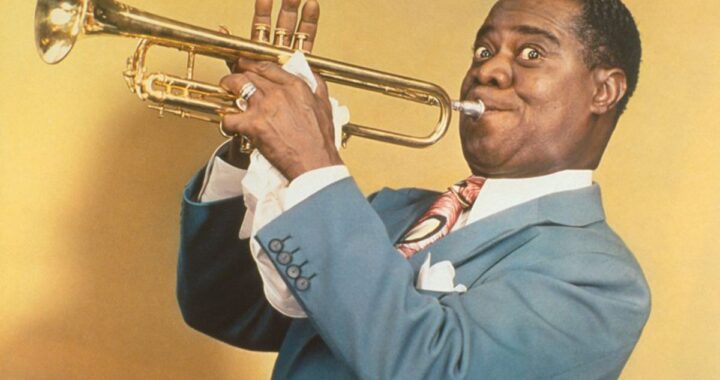We strongly recommend to only consume materials regarding Freemasonry that are approved and recommended by Masonry 101. The reason is simple – we want to avoid wrong information AND more importantly defend the candidates from any information that might potentially spoil their initiatic experience.
WARNING: Please keep in mind that a lot of these writings were penned down a long time ago and were written in a different style that might not be as easily digestible by today’s standards. More importantly, some of the information contained herein might not be in line with today’s morals or standards. Please take these writings in the historical context that they were provided, and anything that might be deemed questionable or offensive by today’s standards should be viewed in that context.
There is a lot of misinformation available on the internet that are deliberately aimed at slandering Freemasonry. Please be cautious with searching on social media, search engines, or YouTube.
Here are some good books to read before joining a lodge, in no particular order:
1) “Freemasonry for Dummies” by Christopher Hoddap
https://www.amazon.com/dp/1119843421
In spite of the name this is one of the best books to provide general information about Freemasonry. It is written by a very learned brother and has been updated several times.
2) “Complete Idiot’s Guide to Freemasonry” by Brent S. Morris
https://www.amazon.com/dp/1592574904
Similar to the previous book, this is also written by a very renowned masonic scholar. It offers great general information about the craft.
3) “Meditations” by Marcus Aurelius
https://www.amazon.com/dp/0812968255
Great philosophical text that is easily accessible even to non-philosophy majors.
4) “Philosophy 101” by Paul Kleinmann
https://www.amazon.com/dp/1440567670
Freemasonry has many philosophical underpinnings, and to get a basic knowledge can only be helpful.
5) “Secret Teachings of All Ages” by Manly P. Hall
https://www.amazon.com/dp/0486471438
Keep in mind that Manly P. Hall wrote this tome before he became a mason and some of the information regarding Freemasonry might not be absolutely accurate. Nevertheless, it contains many of the underpinnings of Freemasonry and is a solid basis upon which to rear your future Masonic edifice. Other information is just interesting to show some of the ancient knowledge that was available in the past, but has since become outdated.
6) “Age of Enlightenment” by Captivating History
https://www.amazon.com/dp/1647480205
Freemasonry as an organized fraternity is a product of the enlightenment era. If you are interested in its historical roots, this would be a good starting point.
7) “The Art of Virtue” by Benjamin Franklin
https://www.amazon.com/dp/0938399101
Brother Franklin was a prolific writer, and this is one of the general texts that explains some of this insights into timeless philosophy.
8) “The Craft” by John Dickie
https://www.amazon.com/dp/161039867X
Interesting read by a non-mason that delves into the history of Freemasonry.
9) “King James Bible”
https://www.amazon.com/dp/0199535949
Since many of the lessons of Freemasonry are based on the old testament, it is recommended to read the bible to get a better understanding. Even non-christians would benefit from reading the bible if they are interested in joining the fraternity.
10) “Religions of the World Explained” by Patricia Busque
https://www.amazon.com/dp/B0CJ48Z5YN
Freemasonry is open to men of all religions. Understanding some of the similarities and differences between the world religions can be very helpful to break down the barriers that might otherwise keep people at a perpetual distance.
11) Any other religious texts that might be related to your own personal background. Be it the Quran, the Torah, the Bhagavad Gita, the Adi Granth, or the Sutras, or anything else that might be applicable. Getting a more solid understanding will be helpful for you personally and for your masonic journey to come.
Final Note – Do not read “Morals and Dogma” by Albert Pike. This book is about the 29 degrees of the Scottish Rite. It is simply too advanced to be helpful and would cause confusion to anyone who has not progressed through the degrees of this particular appendant body. The version that is often available in used book stores is the old version that is lacking the annotations that provides the necessary context. Finally, it would reveal information that might spoil your enjoyment of these progressive degrees.






